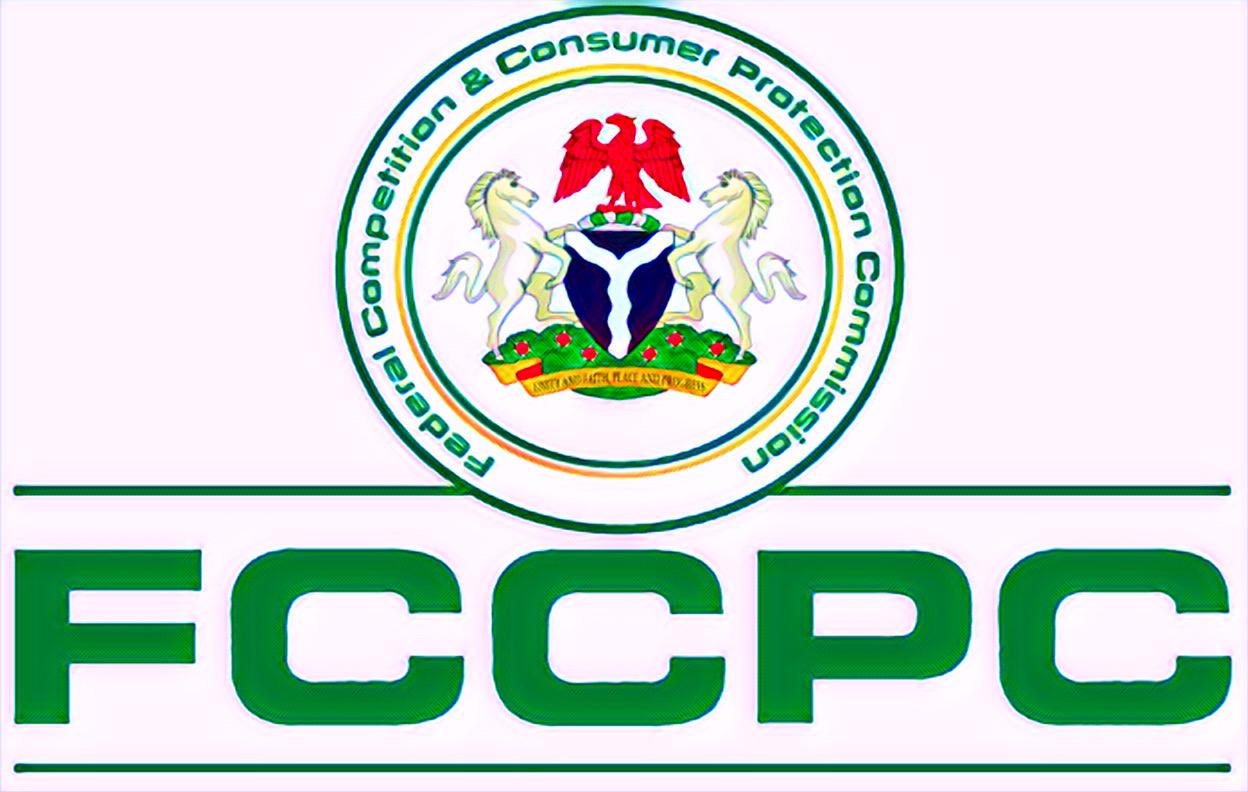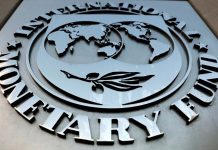🌿 Ruzu Non-Alcoholic Herbal Bitters
Ruzu Non-Alcoholic Herbal Bitters is a natural health supplement specially formulated to:
- ✅ Promote general wellness
- ✅ Detoxify the body
- ✅ Support the treatment of various ailments
Made from a powerful blend of 100% organic and medicinal herbs, Ruzu is completely alcohol-free, making it ideal for:
- 👪 All age groups
- 🌱 Health-conscious individuals
- 🌿 Anyone seeking non-alcoholic herbal remedies
Whether you're looking to boost your vitality, cleanse your system, or support healing the natural way, Ruzu Bitters offers a trusted herbal solution.
The Federal Competition and Consumer Protection Commission’s (FCCPC) most recent report has brought the Nigerian financial sector under further investigation. According to the research, with the highest percentage of consumer complaints filed in the first half of 2025, banks and fintech companies were the greatest violators of customer rights.
Out of the 30 industries evaluated, the FCCPC reports that the banking industry alone received 3,173 complaints, while fintech companies received 1,442, making them the two worst offenders. Over 9,000 complaints were filed in various areas between March and August of 2025. Over N10 billion was recovered for irate customers in the same time frame, the commission said, thanks to interventions.
This is not only a statistical development. It serves as a mirror reflecting the everyday annoyances of regular Nigerians who rely on fintechs and banks to run their businesses and lifestyles.
Every statistic in the FCCPC report has a backstory of stress and disappointment. Consider the case of Sabitu Megbon, a Lagos trader who bemoaned the impact of bank failures on his little company
Almost every other day, I have trouble getting money to refill, and I’m always left hanging because there’s no warning of service outages. Because of this, I have lost devoted clients who now view me as untrustworthy.
An entrepreneur who depends on digital banking, Chinedu Okeke, has a similar story: “I pay suppliers online, but the bank’s app crashes whenever I need it most.” I’ve experienced suppliers severing their relationships with me due to late payments. Banks’ refusal to accept accountability for these persistent errors is unjust.
Banking issues also affect public servant Grace Abah more personally: “My salary occasionally vanishes for hours or days before it reflects.” It indicates that I can’t get to my domestic chores in time. The tension is needless.
The experiences above reverberate throughout Nigeria: innumerable clients struggling with unsuccessful transfers, unauthorized deductions, subpar service, and protracted redressal delays.
The FCCPC has spoken out about the matter without holding back. The government has issued several warnings that poor disclosure of conditions, unauthorized deductions, and ongoing service interruptions could constitute violations of the Federal Competition and Consumer Protection Act (FCCPA) 2018.
Customer rights include quick redress, openness, and high-quality service, according to FCCPC Executive Vice Chairman Tunji Bello. “Banks and fintech companies cannot keep acting like customers have no options,” he stated in a recent statement.
By publicly criticizing the financial industry, the FCCPC has essentially sent a wake-up call: improve customer service or risk harsher regulatory repercussions.
Read Also: Revenue Growth Hits While Dollar Slumps 22% Against Naira
According to the FCCPC’s findings and customer testimonials, the main issues can be divided into four categories: unfair charges and unauthorized deductions, poor service, misleading disclosures, and sluggish complaint processing.
In other words, while mysterious fees and levies continue to undermine trust, delayed transaction reversals, unsuccessful transfers, and app outages continue to be everyday annoyances. This is because many consumers wait weeks or even months before problems are fixed, if at all, due to ambiguous interest rates, hidden clauses in digital loans, and inadequate communication.
A fundamental disrespect for the customer experience is reflected in these issues, which go beyond simple operational errors.
The entry points to financial inclusion in a nation where more than 40% of the population does not have access to the official banking system are banks and fintechs. Public trust in the system, however, is weakened if clients who enter through these gateways are treated unfairly and with lack of trust.
Only a small portion of the hidden costs paid by consumers—such as lost business chances, stressed family finances, wasted hours waiting in line at banks or phoning customer service—are compensated by the noteworthy N10 billion collected.
Poor customer service actually hinders Nigeria’s economic productivity in addition to being an annoyance.
















